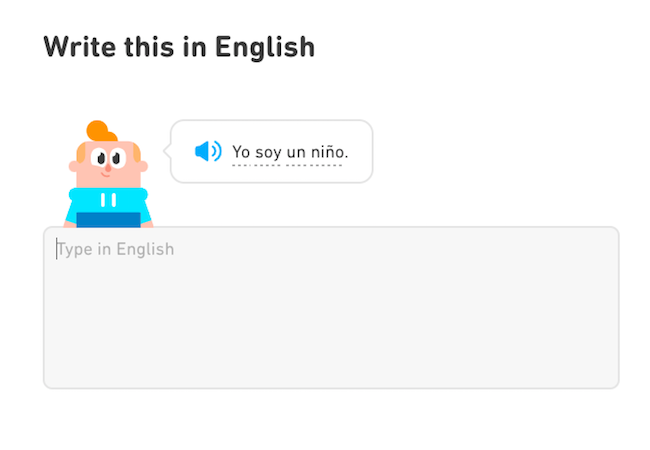Planning to learn a new language in 2021? Start here

What new year’s resolutions will you be setting for the year ahead? Whether you are dreaming of the day when widespread vaccination will open up travel possibilities again or hoping to connect with speakers of other languages in your local community, learning a new language can be both useful and fun.
Anne Pomerantz is an expert in the teaching and learning of new languages in classroom and community contexts. She has taught Spanish, English, and Latin to learners of different ages and now mentors students who work as language educators and researchers in immigrant-serving organizations.
People tend to choose resolutions that have personal meaning, but even so every year many people give up after only a few days or weeks. We asked Pomerantz what advice she has for new language learners, how continuing language learners can improve, and how to stay motivated.
For someone who is completely new to a language, it can be overwhelming to know how to begin. What do you advise?
Start by asking yourself some questions: Who do I imagine communicating with in this language? Who will I be in these interactions? Questions like this can help you to identify your language learning goals. For example, if your goal is communicating with servers in restaurants as a traveler, then your focus should be on reading menus and engaging in predictable conversational routines. Popular online tools like Rosetta Stone, Mango Languages, and Babbel are well suited to this kind of goal.
If your goal is to use the language in less predictable or transactional ways, then you will need to go beyond the kind of formulaic language patterns that most online tools offer. For example, businesspeople would want to find a learning opportunity that puts them in contact with speakers of the target language, where they will encounter less predictable speech situations. Students and academics might benefit from a synchronous online course in which they read and discuss scholarly papers and have opportunities to revise and refine their written work in the new language.
Ultimately, determining your “why” behind learning a language will help you choose the right learning method and tools to achieve your goals.
How can people who have some background in a language but are not fluent continue to learn and improve? Would your advice differ for them?
Watching videos, reading, and listening are great ways to build vocabulary and learn new grammatical patterns. Try watching a tv show first without subtitles to see if you can get the gist of what is happening. Then, turn on the subtitles in the target language and watch again. Finally, check your comprehension by turning on the subtitles in English.
The internet makes accessing newspapers, magazines, and blogs in different languages super-easy. Look for content that is heavily illustrated (e.g. graphic novels) or texts that have been modified for learners. Select familiar topics. The more background knowledge you have, the easier it will be to make sense of the text.
If you need a break from screens, look for podcasts that are designed explicitly for language learners. News in Slow, for example, offers stories about current events, but at a pace that gives language learners more time to process the information. And, remember, you can always slow down the playback speed, listen to the program in short chunks, and repeat sections. These are all techniques that language teachers use to make recorded content more comprehensible.
Apps like Duolingo use games to keep users engaged. What are some other ways to stay motivated?
Try engaging with your favorite social media platforms in the target language. The more content you click on in that language, the more you will see in that language. To practice speaking, find yourself a language partner and commit to interacting on a regular basis. Having someone to interact with in the language is a great motivator.
Any last words?
Remember that if an advertisement for a course or an online tool sounds too good to be true -- learn to speak like a native in just 5 minutes a day! – it probably is. We learn languages by engaging with and in those languages over time and across various social situations. The more and more widely you engage, the more you will learn.

